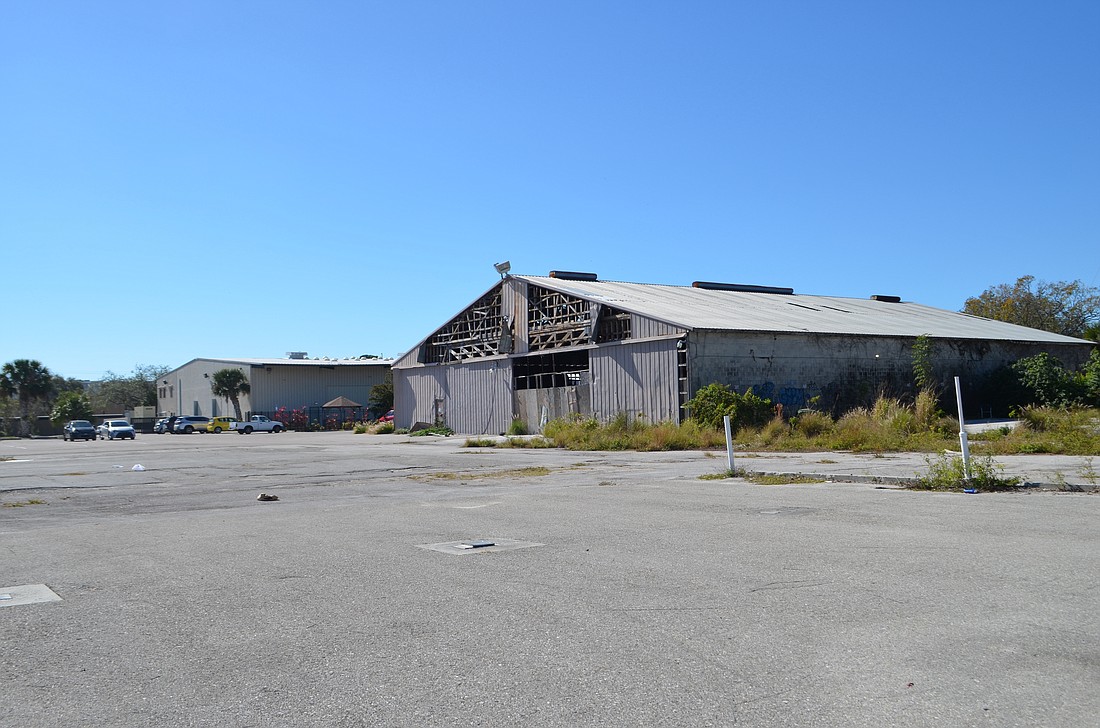- March 28, 2025
-
-
Loading

Loading

As the city continues to craft plans to incentivize and encourage workforce and attainably priced housing, a developer that specializes in that market is demonstrating how difficult such projects are to finance and build.
On Tuesday, the City Commission unanimously approved a three-year extension for plans by One Stop Housing of Sarasota for its proposed Sarasota Station development just north of Fruitville Road in the Park East neighborhood, just east of Gillespie Park. Led by Mark Vengroff, whose late father, Harvey, first conceived the idea in 2016, One Stop Housing wants to build 393 apartments over three phases at the site of a Vengroff Williams Inc. call center and vacant industrial property. At least 20% of the units would be priced at or below 80% of the county’s area median income.
One Stop was seeking a two-year extension of the timeline to secure its first building permit, but at the suggestion of Commissioner Erik Arroyo amended that request to three years.
The project has had a number of setbacks since its conception, including the death of Harvey Vengroff in 2018, followed by the challenges posed by COVID-19.
“The project was initially approved in 2016, and in 2018 we believed that we were going to proceed as scheduled within five years and be able to obtain the first building permit,” said attorney Alicia Lewis, who represents One Stop Housing.
In 2021, One Stop requested and received a two-year extension to begin construction, but found it still needed more time.
“I would love to promise you 100% that we won't be back asking for more time, but as you all know unforeseen circumstances happen,” Lewis said. “Our goal is within this time frame to pull that first building permit so that you can start to see some vertical construction on this site.”
Although 20% of the apartments renting at or below 80% the area median income is the minimum target, commissioners asked if that number could be higher. Vengroff replied that it all depends on the availability of financing favorable to affordable housing projects.
“That (20%) is what we are committing to, but our goal is to make it 100% affordable,” Vengroff said. “One of the biggest hurdles for affordable housing is the financing for developers. That's something that we're pushing through, but the more that we commit to, the harder it is to finance that type of project. If we can do 80% — if we can do 99% — we will do it. But if we commit to that today, when we go to finance the construction of the project, it may be very difficult to do.”